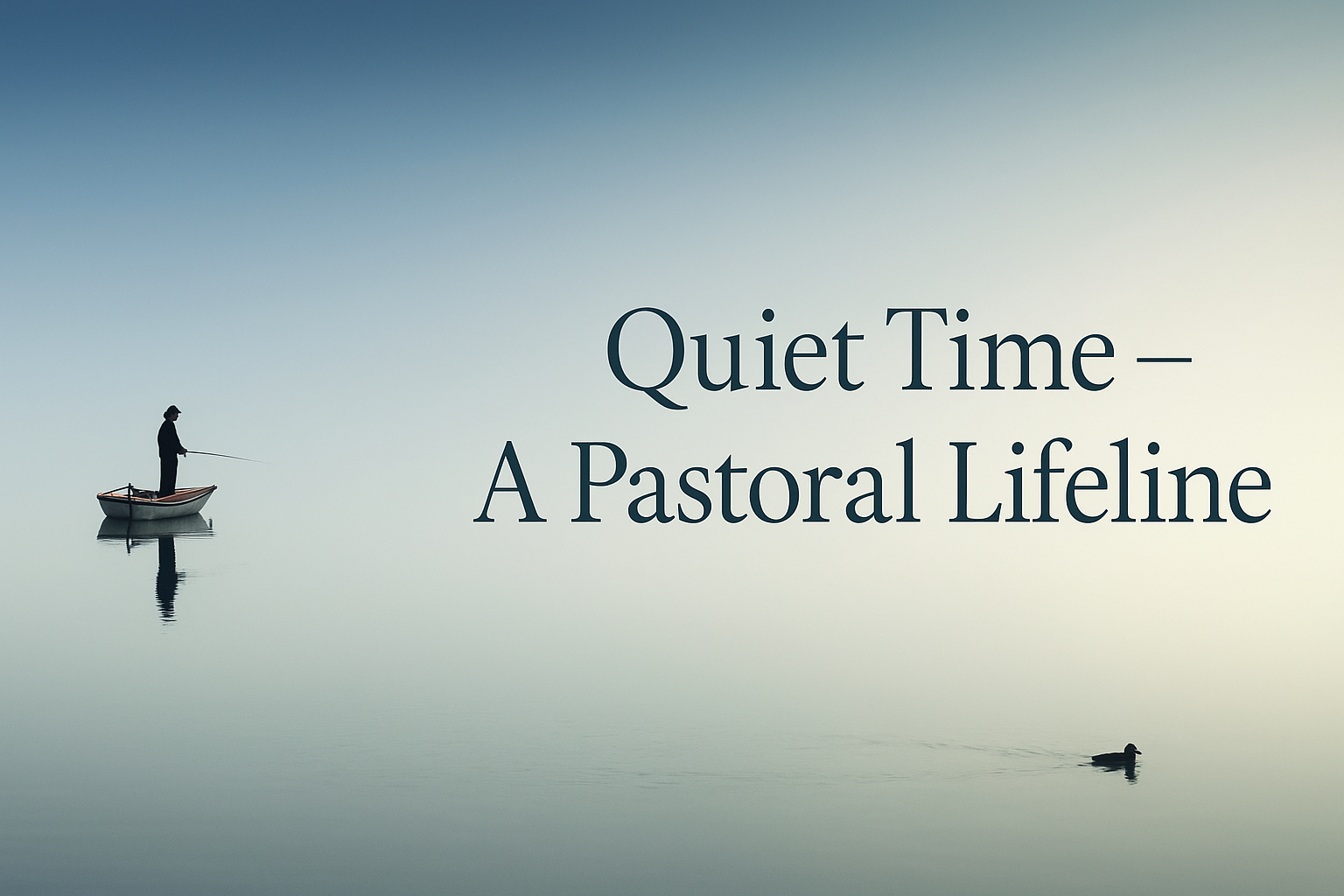FellowshipPreaching/TeachingLeadershipCelebrate RecoveryDiscipleshipSmall GroupsEvangelismWorshipMinistry
The Healthy Way to Handle Conflict

Conflict happens. There’s no avoiding it.
Conflict happens at work, at school, in the home – even in the church! Many people try to ignore conflicts that arise, hoping the situation will just go away. It won’t.
When conflict comes up, you have to deal with it head on. If you've got a conflict with those you work with, or in your home or at school, deal with it quickly. Don't let it fester. It’s a big mistake to think, "Let's ignore it and hope it will go away." I can tell you from experience, that doesn’t work. Ignoring conflict does not get rid of it.
Ephesians 4:26-27 (GN) says, If you become angry, do not let your anger lead you into sin and do not stay angry all day. Don't give the devil a chance. Some people are very surprised when they first read this verse. They ask, “Is it ever right for a Christian to get angry?” Yes. How do I know it’s all right for a Christian to get angry? Well, let me ask you this: Did Jesus ever get angry? Yes. Did Jesus ever sin? No. Evidently there are times when anger is appropriate.
The verse says, If you become angry, do not let your anger lead you into sin. That implies that there is an anger that leads you into sin and there is an anger that doesn't lead you into sin. There is a right way to get angry and there is a wrong way to get angry. How do you know the difference?
What's the wrong kind of anger?
The wrong kind of anger is anger that is not resolved quickly. If you become angry, do not let your anger lead you into sin and do not stay angry all day. That's giving the devil a chance. Resolve it quickly. Don't be angry all day. The Phillips translation says, Never go to bed angry. That will keep a few of us up sometimes. If you said, "In our marriage, we'll never go to bed angry," you might resolve problems a little more quickly.
Don't let anger hang on. Anger that is not dealt with turns into resentment and then into bitterness. Bitterness is always sin. Resentment is always sin. Those emotions are always wrong. Anger is OK. It's an appropriate response. If you love, you ought to get angry sometimes. I get angry when I see people blowing their lives on things that don’t matter. I get angry when I see people walking right in the middle of something they know is wrong and they know it is going to destroy them. When you care about people, sometimes anger is the correct response.
But the Bible says you need to deal with it quickly. If I swallow my anger, my stomach keeps score. Have you found that to be true? All tied in a knot. Ulcer-ridden. You have a pain in the back, or a pain in the neck, or pain in other places. The Bible says, Deal with it quickly. Don't let it hang on. Resolve conflict as fast as possible.
A lot of stress is just conflict that's never been dealt with. Instead of dealing with the problem right off the bat, you just let it irritate you day after day after day ... until you’re totally stressed.
What's the solution?
How do I deal with conflict quickly? I'll tell you, but you're not going to like it. The solution to conflict resolution is one word: confrontation. That’s right. If you’re going to resolve conflict, you must confront. You don’t have to confront in anger, though. In fact, you shouldn’t confront in anger. Lovingly go to the person and, speaking the truth in love, deal with the problem immediately.
Very few of us enjoy confrontation. The only people who do are troublemakers. Troublemakers delight in confrontation. They love to go to people and say, "You're blowing it!" But normal people don't like confrontation. Unfortunately, it’s the only way to resolve conflict. It’s risky and it’s uncomfortable and it might backfire in your face. So normal people try hard to avoid confrontation.
When you simply must confront, what’s the best way to do it? James 1:19 tells us three rules for confrontation: Everyone should be quick to listen, slow to speak, and slow to become angry. Those are the three rules when you go to confront another person. Be quick to listen, slow to speak, and slow to anger. If you do the first two the third one is automatic. If you're quick to listen and if you're slow to speak you will be slow to anger. Somebody has pointed out that God gave us two ears and one mouth. We ought to listen twice as much as we talk.
What are you listening for? You listen for the hurt in that person. Hurting people always hurt other people. When someone is being a jerk, more than likely it's because that person is hurting. When you understand their hurt a bit, you've got a better understanding of why they do what they do, and you're a little more patient with them. Understanding always brings patience. When we don't understand things, we're impatient. When we understand them, we're much more patient.
The Bible says, As far as it depends on you. If you've done your part, regardless of their response, the rest is the other person’s burden. It's their problem now. If you go to the person and say, "Here are some legitimate issues," then the Bible says you have done your best. You tried to deal with it. As far as it depended on you, you lived in peace with everyone.
And that’s all God asks of you.







